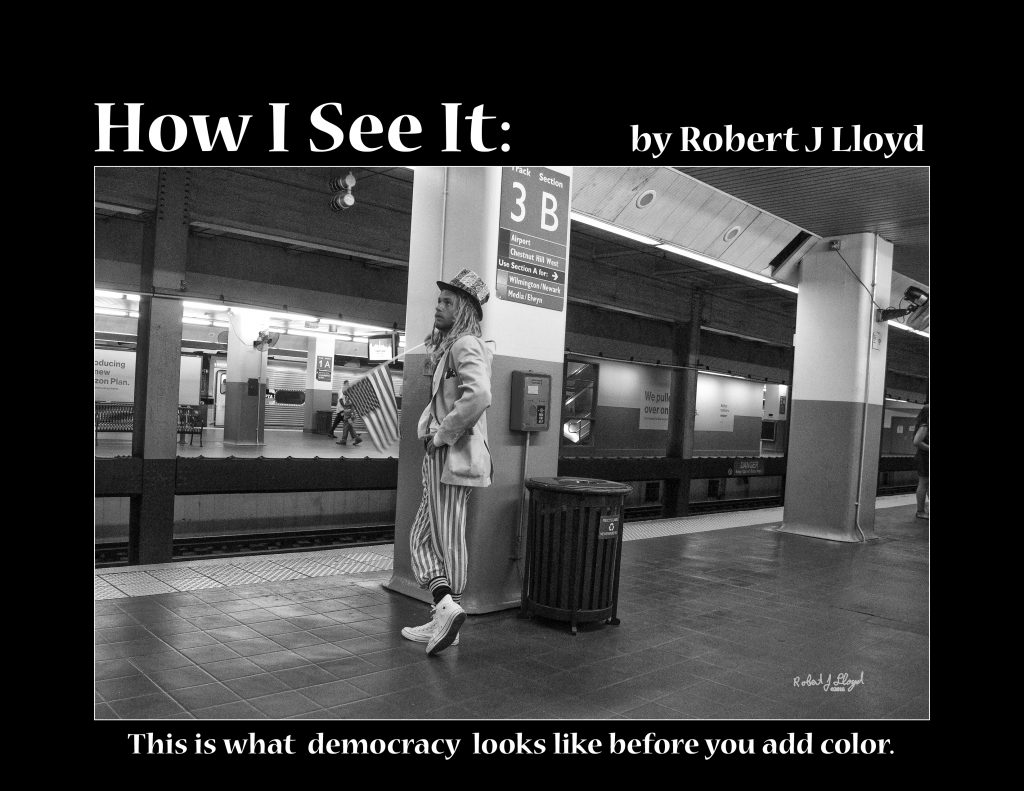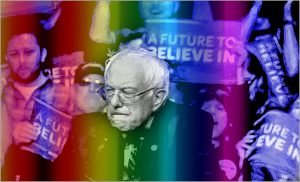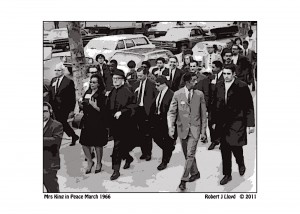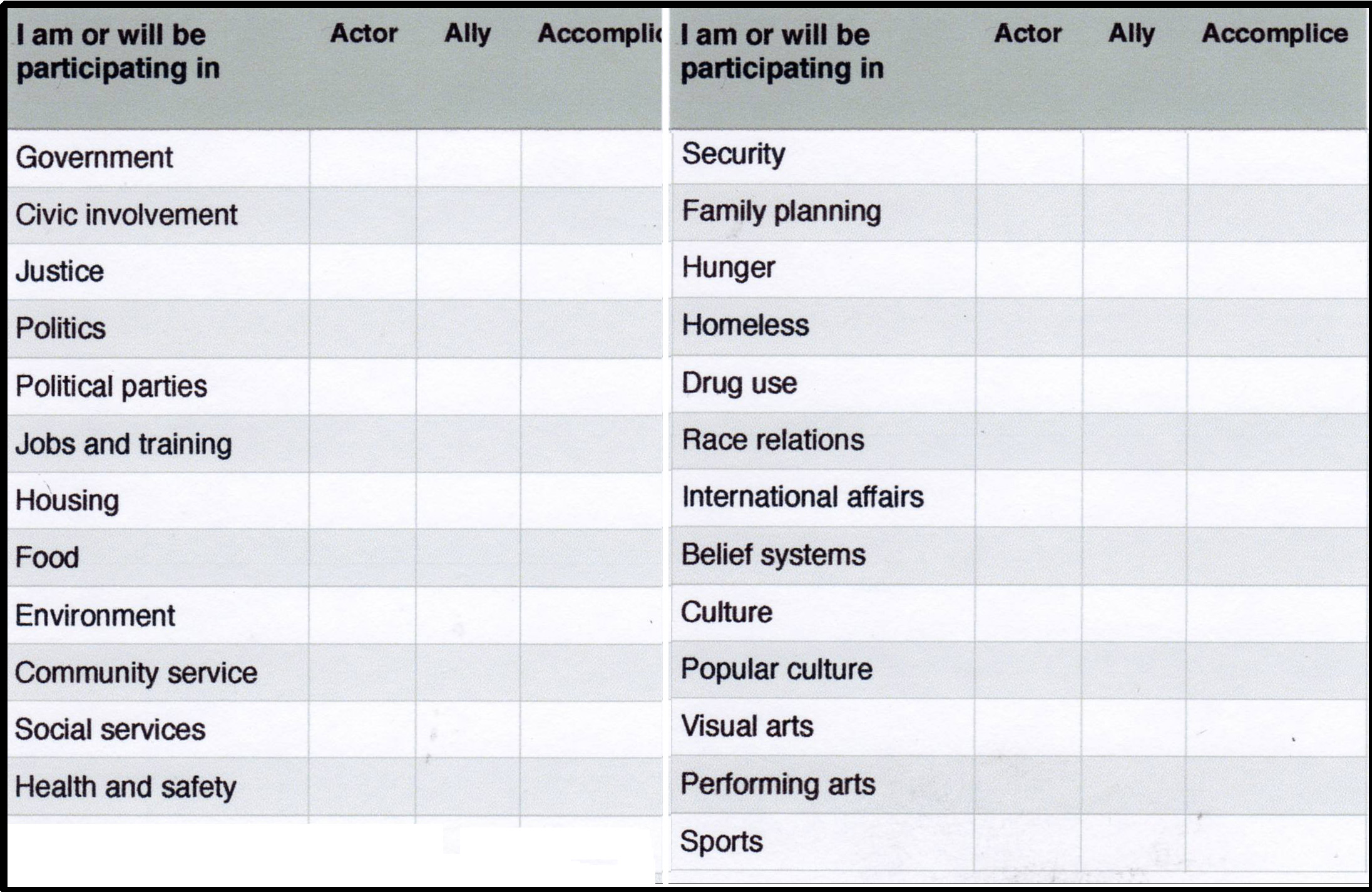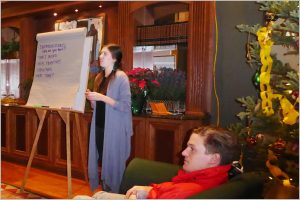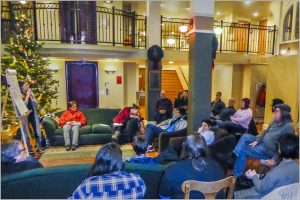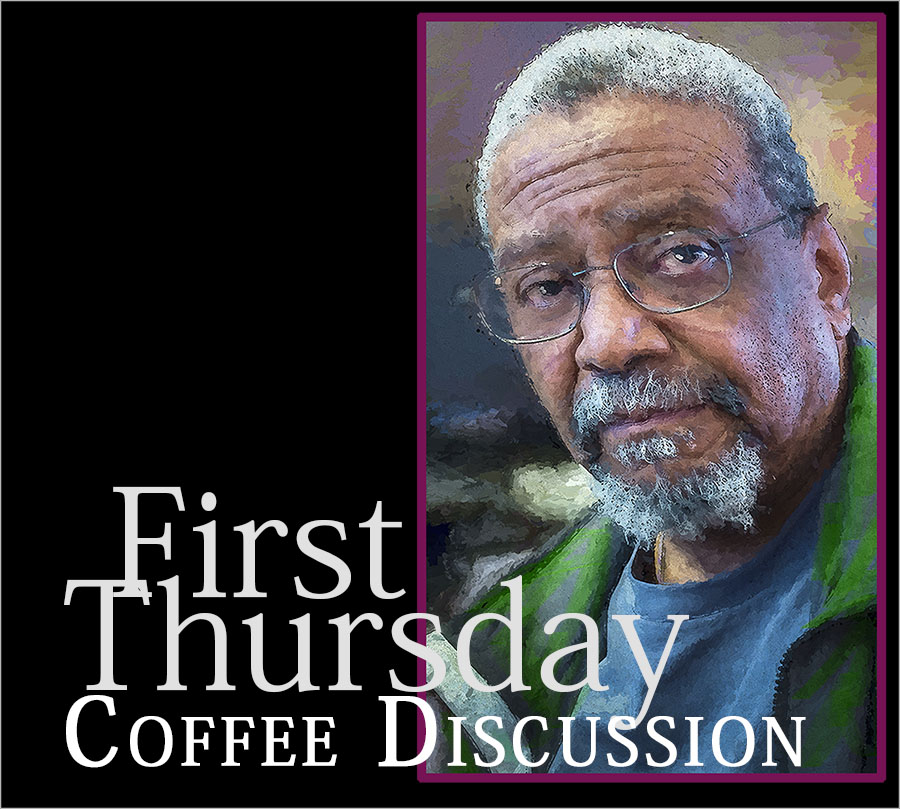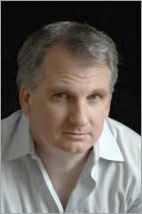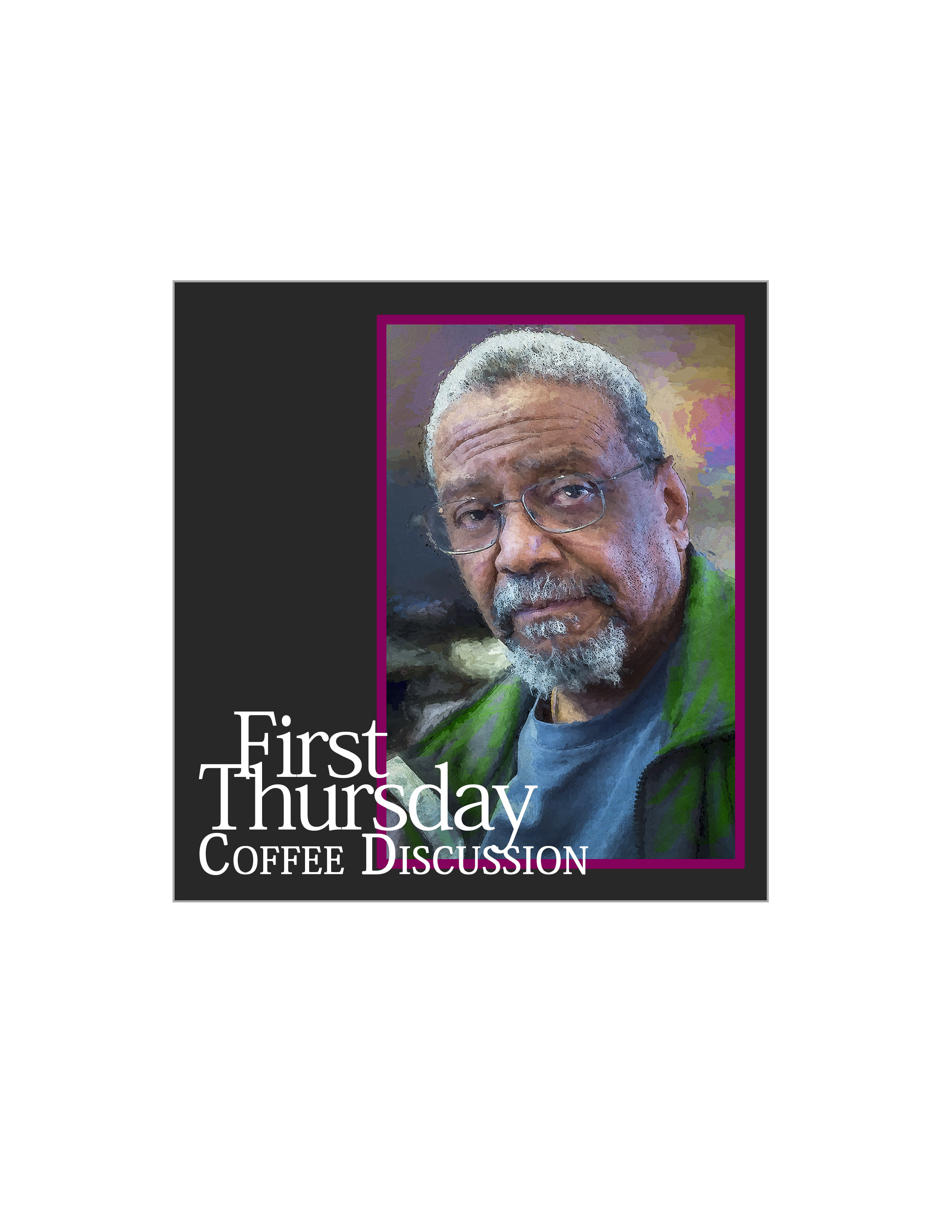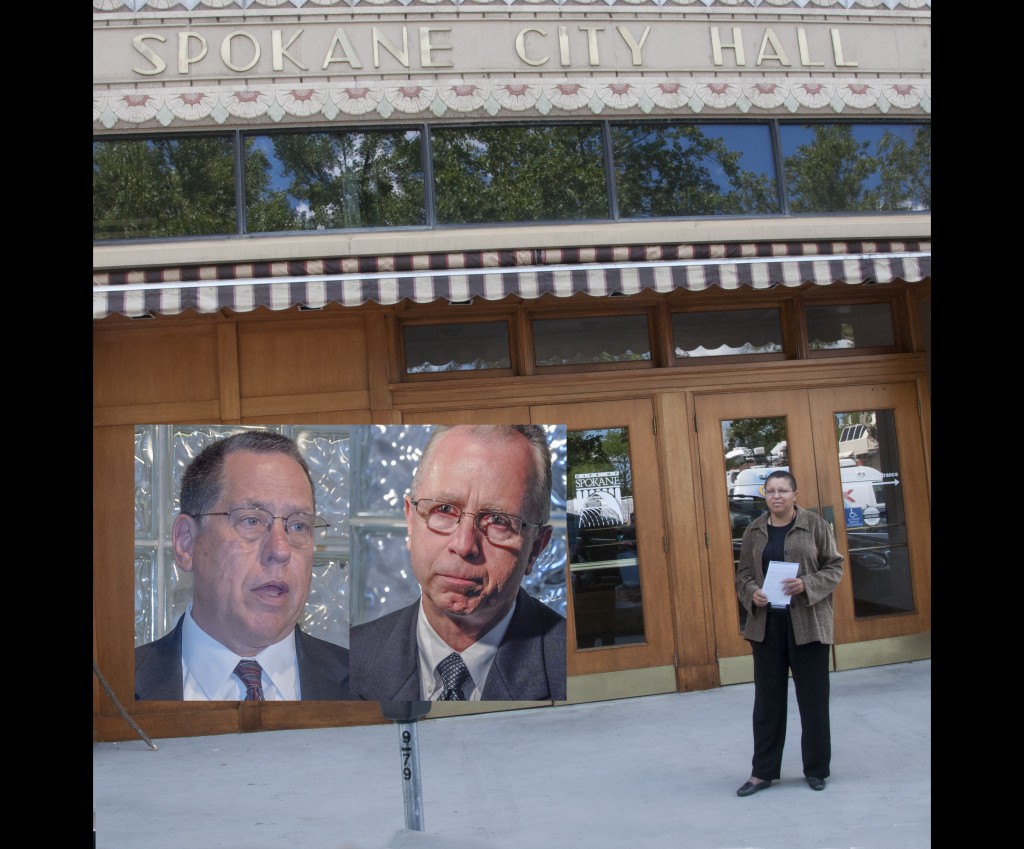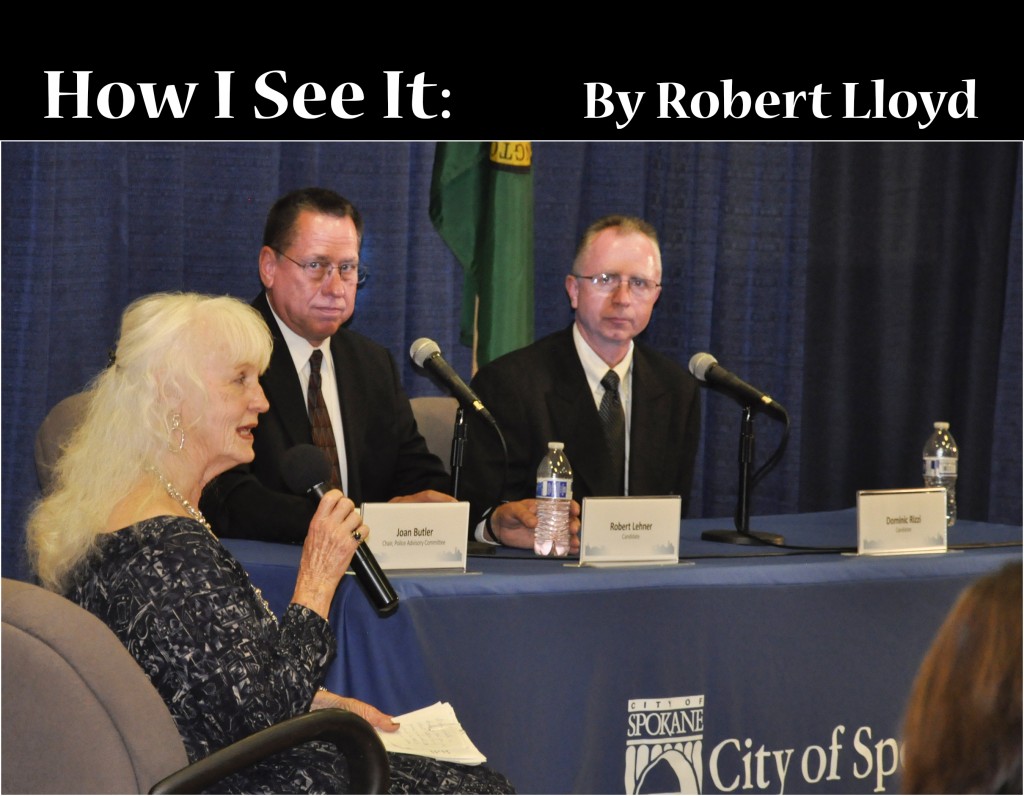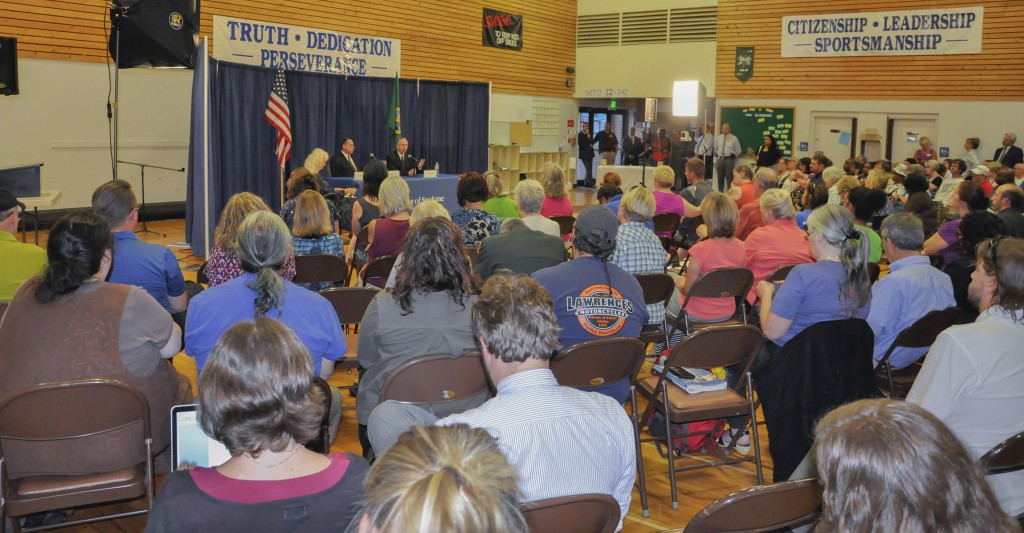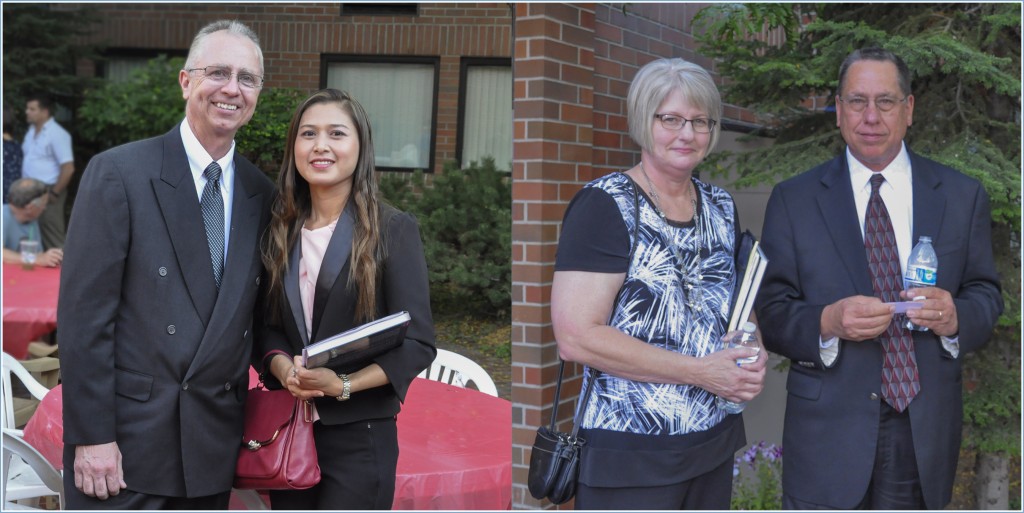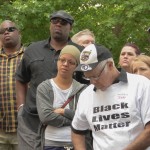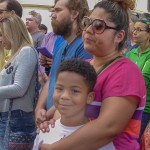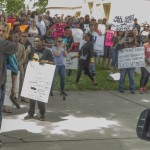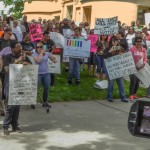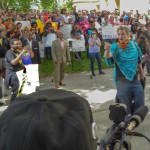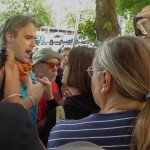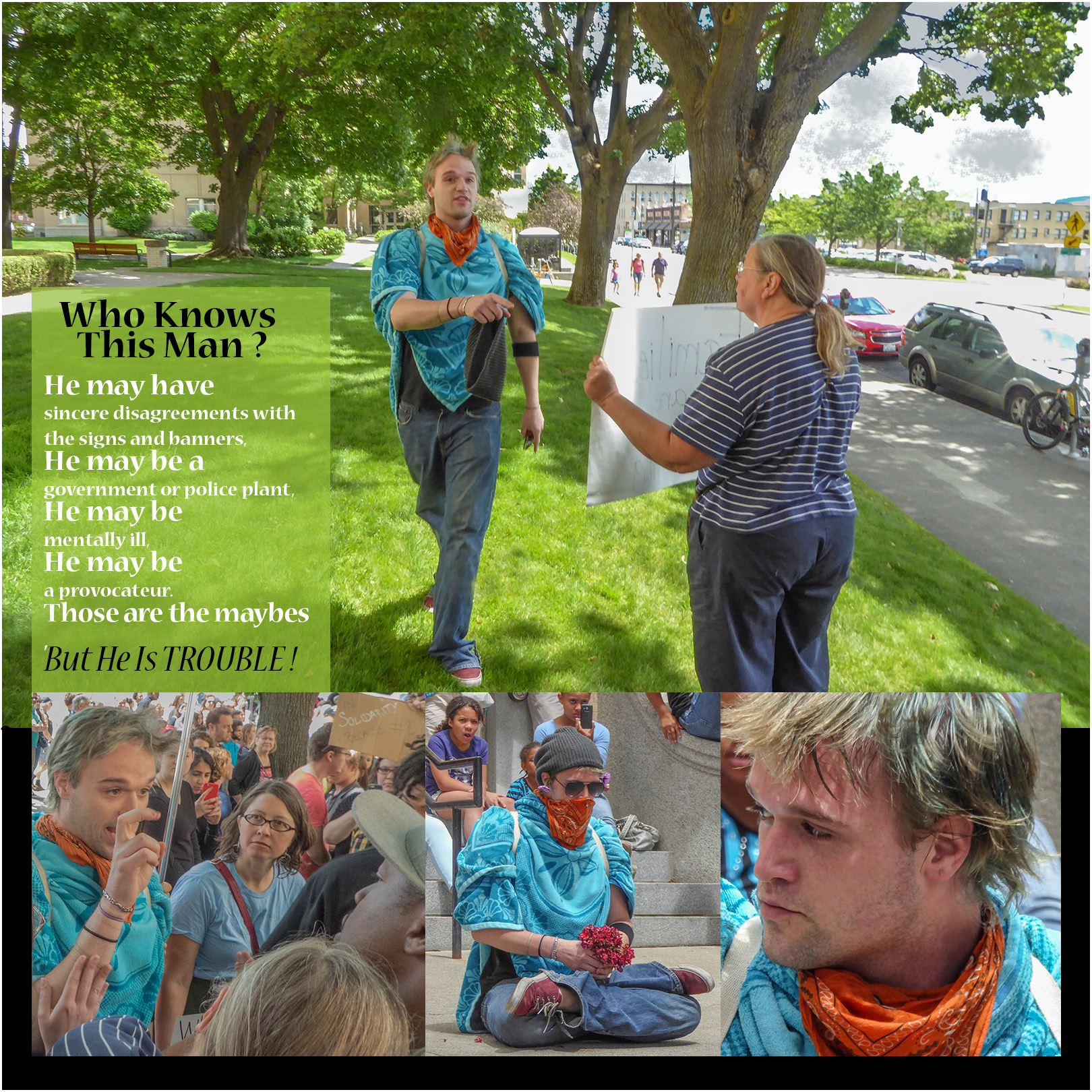This action grew out of our First Thursday Coffee Discussion at the Rocket Market last week. If you have taken a positive action please comment on this post.
River Park Square Customer Concerns
January 13, 2017 (as posted on 4comculture.com)
I want to share an experience with you that I have shared with many people – sometimes in a classroom of 30, sometimes to a friend. The other day I shared it with five or six people having coffee together. These are usually all white audiences. I am an African American. I have two memorable experiences in the River Park Square Shopping Mall. One was an art exhibit in Nordstrom’s during Black History Week in the late 1990’s. It was a very pleasant experience and the floorwalker came by and enjoyed my work, smiled and said pleasant things throughout the day. I have only shared that experience with a few people. The other experience took place maybe ten years ago but it often feels like it happened yesterday. Let me describe that second experience.
I am an older man with gray hair and dressed rather conservatively. I was shopping with my wife and began to feel tired and out of breath so I asked my wife to continue shopping while I found a seat in the entryway to the mall. There were two benches, one on the east side of the entrance and the other on the west side. The bench on the east side was filled with a family. A man with many packages was seated on the bench on the west side. I stood next to next to him on the bench, he saw me but he did not make an effort to move over or make room for me on the bench. Feeling very lightheaded at this point I sat down on the floor fearing I was going to fall down. Two or three minutes later a man approached in street clothes and told me that he was security and that I could get up or go to jail. I told him that I was feeling lightheaded and had to rest and that my wife would be back soon to take me home. He told me “Get up or go to jail.” So I got up, walked outside, got some air, came back, my wife came, and we went home. I had expected that mall security would have asked the man to move his packages that I might sit on the bench. He didn’t and I didn’t. I asked security to ask the man and his response was “Get up or go to jail.”
The only reason I am telling you this now, out of all the times I have told this story, is that usually when I do whites listen without saying anything while Blacks say “That’s life.” I think “What’s the use. They’re all white so avoid any kind of confrontation, let it go.” This time when I told the story to a white woman she later contacted me. Here is what she said in her message: “Hey Robert! What a pleasure to hear/see the history in your warm, inviting home. Thanks so much for taking the time to “educate” V and I. BTW, I forgot to mention, I visited for a long time with a Riverpark Square security manager last week about that incident you told me about and learned a lot…must share with you sometime. I encourage you to fill out this complaint form attached and send to Sara Cannon at the address provided. Let me know what you think.“ Attached was this form.
I don’t know how you can use this information. Maybe it can be an educational process for your staff and employees. I’ll probably keep telling the story. But there will be an addition to it. I will tell them about a white lady I met named BB who came to my defense and maybe there is hope after all. I will encourage my listeners to immediately document their own event and send it to the management of the facility and a copy to some social justice organization.
Robert J. Lloyd


